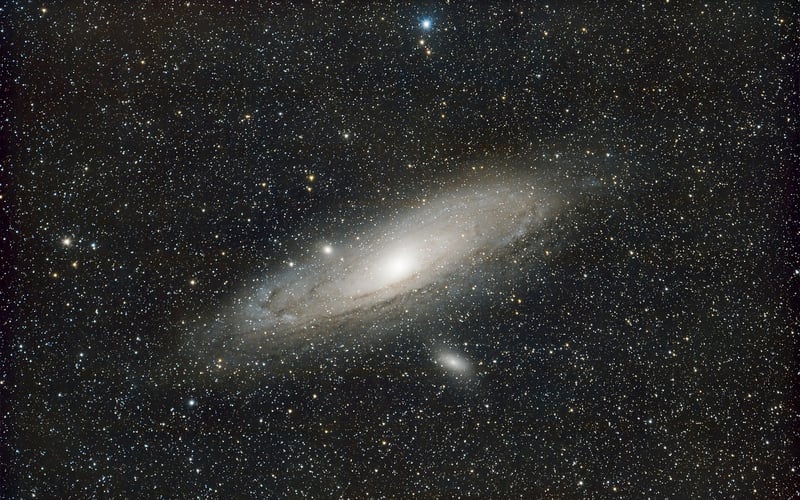Big Bang Theory
Unraveling the Unknown: Exploring the Big Bang Theory
Have you ever wondered how the universe came into existence? What events led to the creation of everything we know? These questions have puzzled scientists and philosophers for centuries, but one theory has gained widespread acceptance in the scientific community: the Big Bang Theory.
What is the Big Bang Theory?
The Big Bang Theory is the prevailing cosmological model for the observable universe from the earliest known periods through its subsequent large-scale evolution. It suggests that the universe began as a singularity, a point of infinite density and temperature, around 13.8 billion years ago. This singularity rapidly expanded, giving rise to the universe as we know it today.
Evidence supporting the Big Bang Theory
Scientists have gathered significant evidence to support the Big Bang Theory, including the cosmic microwave background radiation, the abundance of light elements in the universe, and the redshift of galaxies moving away from each other.
Key Concepts of the Big Bang Theory
- Expansion: The universe is constantly expanding, with galaxies moving away from each other.
- Cosmic Microwave Background Radiation: Remnants of the early universe's intense heat that now pervade the cosmos.
- Formation of Elements: The Big Bang Theory explains how light elements like hydrogen and helium were formed in the early universe.
- Redshift: The observation that light from distant galaxies is shifted towards longer wavelengths, indicating their movement away from us.
Implications of the Big Bang Theory
Understanding the Big Bang Theory has profound implications for our understanding of the universe, from its origins to its ultimate fate. It has led to significant advancements in cosmology, astrophysics, and our perception of the cosmos.
Exploring Further
If you're intrigued by the mysteries of the universe and want to delve deeper into the Big Bang Theory, there are numerous resources available, from documentaries and books to online courses and research papers.
Let the wonders of the cosmos captivate your imagination as you explore the origins of the universe through the lens of the Big Bang Theory.

For more information on the Big Bang Theory, you can visit NASA's Astrophysics page.
